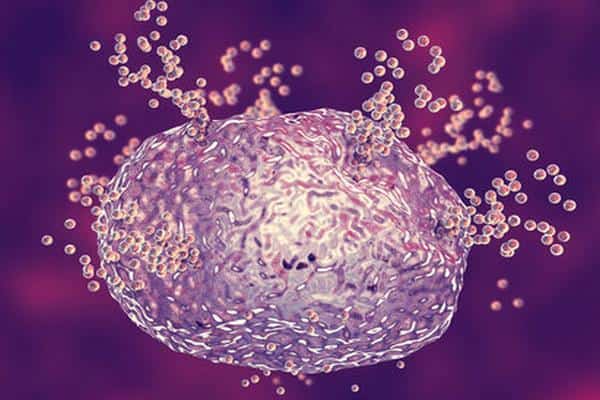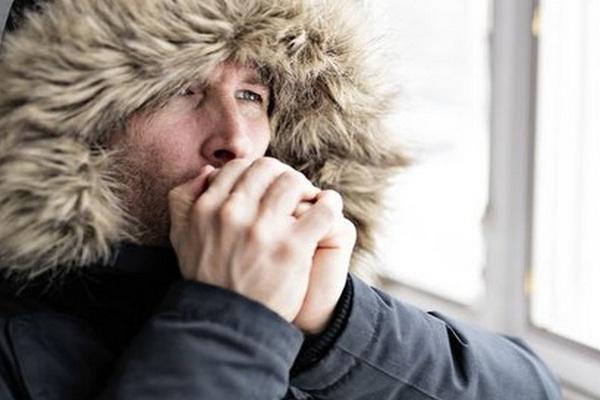Cold allergy is a rare but extremely unpleasant condition. It is often confused with food allergies, but the reason is cold temperatures. People with this condition are hypersensitive to both cold air and contact with cold objects or drinks. They usually cause the characteristic hives on the skin, but can even lead to life-threatening anaphylactic shock. It is caused by the excessive secretion of histamine in the body. Find out what cold allergy is, how it manifests itself and what treatment.
What is cold allergy, and what are its causes?

Cold allergy is a specific reaction of the body to sudden changes in temperature. This most often occurs as a result of going outside in low temperatures. Cold allergies also occur after skin contact with a very cold object (such as a piece of ice, a sheet, etc.) or eating cold food or drinks (iced coffee, ice cream, etc.). Therefore, this strange ailment can be extremely unpleasant, especially since the exact temperatures that cause allergies are not specified.
Contrary to its appearance, allergy manifests itself not only in winter, its occurrence depends on the preferences of a particular organism.
It is suspected that the cause of cold allergy is an overreaction of the immune system and the production of too much histamine in the body. It can also be the result of previous bacterial and viral infections, syphilis, or systemic lupus.
Cold allergy symptoms
Cold allergy is most often acquired in nature and manifests itself in early childhood. However, it happens that he attacks adults. The main symptom of the disease is hives, which appear on the skin soon after contact with cold air, an object or food. Redness and rashes are also accompanied by unpleasant itching, but these symptoms disappear after a few hours. The disease also resolves spontaneously after a few years. The situation with congenital allergies is a little worse – the symptoms last longer, and the disease can accompany us throughout our lives.
The greatest risk of cold allergy is swelling of the larynx and mouth, which can lead to breathing problems and even suffocation. Most often it appears, for example, after swimming in cold water. Other serious symptoms include a sudden drop in blood pressure, bronchospasm, and fainting. In such a situation, you should immediately call an ambulance.
Cold allergy treatment

Treatment of allergy to cold is symptomatic. Patients are prescribed antihistamines and ointments to relieve itching and skin rashes. Initially, it is recommended to avoid sudden changes in temperature, but over time you need to temper the body gradually.
Firstly, on a frosty day, you should start with short walks, which should be extended over time. The same should be done in the summer, for example, gradually cool the body with water on a hot day. Congenital allergies are more difficult to treat. The patient should be supervised by a dermatologist and allergist. It is very important that he is aware of the risks of the disease, such as the possibility of shortness of breath.








